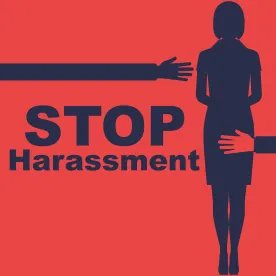Kevin Spacey’s legal troubles have taken a costly turn as the production companies behind Netflix’s House of Cards recently asked a California court to confirm an arbitration award of almost $31 million against Spacey for breach of contract. In 2017, eight House of Cards crew members came forward to accuse Spacey of sexual harassment and sexual assault. The producers argued that reports of Spacey’s alleged misconduct forced them to halt production on House of Cards, costing millions.
This arbitration award is only the latest of Spacey’s legal difficulties related to his alleged actions. An October ruling by Judge Lewis A. Kaplan in Rapp et al v. Fowler granted a motion to compel a series of emails exchanged between Spacey, his lawyers, his manager, and his PR consultants regarding how Spacey should respond to allegations published in Buzzfeed about Spacey’s sexually assaulting a minor in 1986.
Judge Kaplan rejected Spacey’s argument that these emails were privileged because they were created in the course of obtaining legal services. Although Spacey and his PR team may well have expected legal charges in the wake of the Buzzfeed article, their primary concern was protecting Spacey’s reputation rather than defending against or forestalling an indictment.
This case is a reminder that clients can waive privilege by sharing otherwise protected information with a third party—such as a PR consultant—unless that disclosure was necessary to obtain legal services. In reaching this conclusion, Judge Kaplan cited Calvin Klein Trademark Tr. v. Wachner, where the Southern District of New York also found that communications with a PR firm were not privileged. Although not cited by Judge Kaplan, a California court reached a similar conclusion in Behunin v. Superior Court.
Why Businesses Should Take Note
The primary takeaways from Spacey’s legal woes are that: (1) an alleged harasser may have individual liability associated with his actions—both to the victim and to the employer; and (2) defendants in such cases must understand that advice regarding a public response to controversy is not necessarily legal advice and may be discoverable. This is the case even if the controversy regards allegations of illegal conduct. Spacey’s lawyers, who were included on the email exchange between Spacey and his PR team, did make some comments that constituted legal advice, but Judge Kaplan held that these privileged insertions could be subject to redaction, though the entire email thread was not privileged. Therefore, in a silver lining for Spacey, it does not appear that his lawyers necessarily waived privilege by sharing these specific comments with third parties like Spacey’s PR consultants.
On the whole, however, businesses dealing with a reputational crisis need to be aware that communications regarding press strategy or response may be discoverable. Simply looping in an attorney or restricting the discussion to potential legal allegations will not necessarily render such communications privileged.




 />i
/>i

